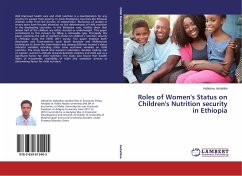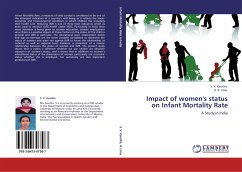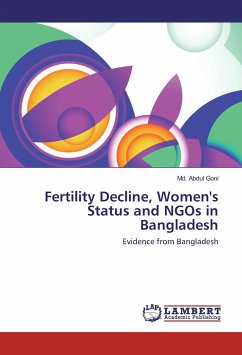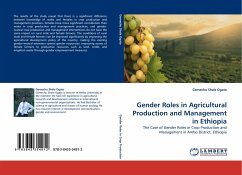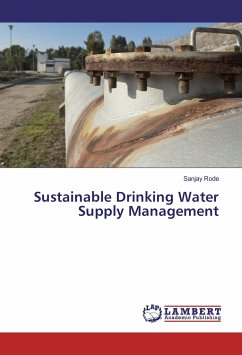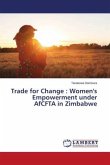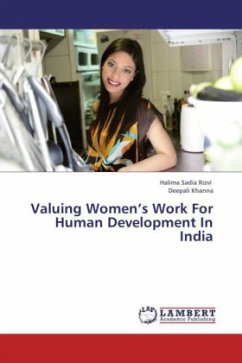Well improved health care and child nutrition is a manifestation for any country to escape from poverty. In most developing countries like Ethiopia children suffer from the burden of malnutrition. Numerous of studies in recent years have focused attention on the determinants of child nutrition in the developing countries. In the Ethiopian case, Studies show that almost half of the children are either stunted or underweight. This paper contributed to this concern by filling a noticeable gap. Principally this paper examines the role of women's status on children's nutrition security in Ethiopia using the EDHS 2011 survey. The paper employs both descriptive and Econometrics tools (both bivariate and Multivariate techniques) to show the interrelation ship among different women's status indicator variables including other socio economic variables on child nutrition. The study found that women's education, decision making role of women, women's attitude towards domestic violence and child age as a significant factor for child nutrition. The study also found that wealth index of households, availability of toilet and sanitation services as determining factor for child nutrition.
Bitte wählen Sie Ihr Anliegen aus.
Rechnungen
Retourenschein anfordern
Bestellstatus
Storno

